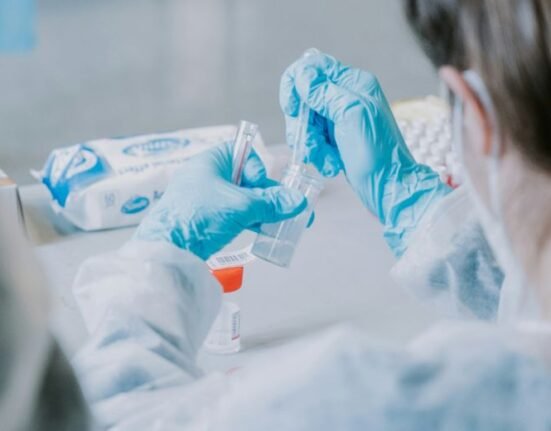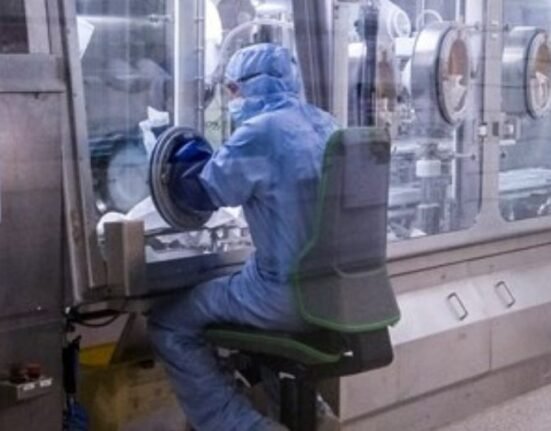HQ Team
April 12, 2024: An early-stage clinical trial for a chlamydia vaccine has shown some positive results, according to a report published in The Lancet.
There is no vaccine yet to protect against the sexually transmitted infection. Chlamydia is one of the most common sexually transmitted bacterial diseases in the world. According to reports, more than 131 million people get infected each year. It is prevalent among young adults 22-44 years and infections often go undiagnosed, as they remain asymptomatic in 75% of women and 50% of men. Untreated infection in women increases the risk of developing severe complications, leading to pelvic inflammatory disease (PID), infertility and ectopic pregnancy, and is an indicator of cervical cancer in some.
The bacteria can also cause an eye infection that’s responsible for vision loss in 1.9 million people worldwide.
Thus, there is a great need to develop a vaccine against Chlamydia.
Trial
The phase 1 CHLM-02 clinical trial, led by researchers in the United Kingdom and Denmark, was a double-blind, randomised, placebo-controlled at the National Institute for Health Research Imperial Clinical Research Facility, London. Participants were healthy men and non-pregnant women aged 18–45 years, without pre-existing C trachomatis genital infection. Between Feb 17, 2020 and Feb 22, 2022, of 154 participants screened, 65 were randomly assigned, and 60 completed the trial (34 [52%] of 65 women, 46 [71%] of 65 White, mean age 26·8 years). No serious adverse events occurred.
“We have completed an extensive discovery program in the search for vaccine candidates and are continuously studying the immunological mechanism underlying protection from both infection and disease. SSI’s vaccine candidate (CTH522) has completed clinical phase Ia and Ib clinical testing,” said a senior scientist at Statens Serum Institut.
The researchers are now planning to launch a larger, phase 2 trial that would look at the vaccine’s effectiveness. The vaccine was even given in the form of an eye drop to induce immunity.
The hope is that one day the vaccine would be able to prevent both infections in the reproductive system, as well as in the eyes, said Jes Dietrich, a senior scientist at Statens Serum Institut in Denmark and a lead author of the study.
In a move to assist in the early detection of the disease, the USFDA has approved a first test for chlamydia and gonorrhea that will allow people to collect samples from home and not need to visit a doctor.








